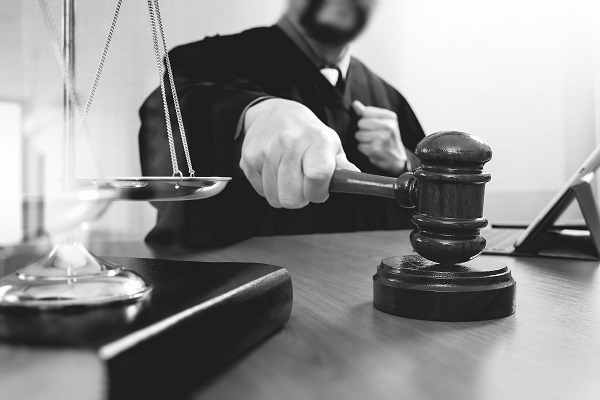It’s incredibly common for a defendant who is convicted of a crime to disagree with the outcome in his case. There are two different ways for a defendant to fight for a better outcome: filing for post-conviction relief and appealing the verdict.
Filing for Post-Conviction Relief
A defendant who has been convicted of a crime can file for post-conviction relief. Basically, this means the defendant is asking the court to consider vacating either the judgment or the sentence in his case. The defendant must explain why he believes the verdict or sentence should be vacated. The judge will then review the defendant’s argument and the details of his case before making a decision. This decision is made solely by the same judge who presided over your criminal case–there is no jury involved.
Appealing the Verdict
If the defendant is unhappy with a conviction, he also has the option of appealing the verdict. This means the case will be sent to a higher court within the judicial system. It is the higher court that will decide the outcome of an appeal, so the first judge presiding over your case will not be involved.
Contrary to popular belief, an appeal is not the same as a new trial. Instead, the new judge will review the details of the case, the verdict, and the sentencing. The judge may allow each side to argue their case in person as well. Then, the judge will decide whether or not he agrees with the decisions made in the lower court.
If the judge does not agree with the lower court’s decision, he will send the case back to the lower court. Sometimes, the appeals court will simply order the lower court to change the defendant’s sentence. But in other cases, the appeals court can order the lower court to hold a new trial.
If the judge agrees with the lower court’s decision, it may be possible to appeal to an even higher court. This court will then be given the opportunity to review the case to determine if they agree or disagree with the decisions made by the lower courts. The appeals process can continue until the case reaches the highest court, which is the Colorado Supreme Court.
Do not give up hope if you have been convicted of a crime you did not commit. Instead, contact the criminal defense attorneys at Reisch Law Firm. We fight tirelessly to seek justice for those who have been wrongfully accused and convicted. Schedule a free consultation today by calling 303-291-0555 or filling out this online form.


